ANALYSIS: Armenia’s Case Against Karapetyan Is Raising Global Red Flags
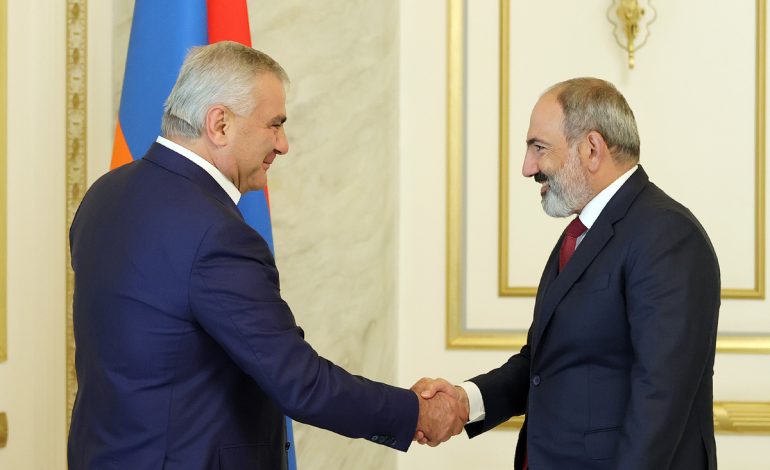
In a move sparking international concern, Armenian billionaire Samvel Karapetyan is sitting behind bars — and it’s not because of fraud, corruption, or financial crime. His alleged offense? Publicly criticizing the government and defending the Armenian Church.
Karapetyan, a powerful businessman and vocal supporter of the Armenian Apostolic Church, was arrested in June and denied bail. The official charge: inciting regime change. But critics say it’s just the latest example of Prime Minister Nikol Pashinyan using state power to silence opposition voices.
And Karapetyan’s not alone.
This case is shaping up to be a test of democratic norms in a country increasingly accused of slipping into authoritarianism — a pattern playing out globally. From Trump’s indictments in the US to Bolsonaro’s legal battles in Brazil, many governments are being called out for weaponizing the justice system against political rivals.
Karapetyan’s arrest comes after fiery remarks defending the Armenian Church, which has been at odds with the government.
“A small group who forgot our thousand-year history is attacking the Church,” he said. “If politicians can’t protect it, we will.”
Days later, he was in jail.
Pashinyan didn’t stop there. He moved to nationalize Karapetyan’s Tashir Group, which runs the Electric Networks of Armenia — the country’s biggest power distributor — before any trial had even begun.
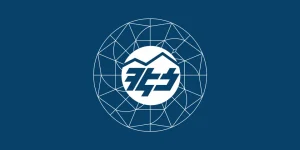
Critics say this reeks of political retribution. One judge already ruled the raid on Karapetyan’s home illegal, and reports suggest Pashinyan installed an inexperienced interim manager at ENA, risking energy supply chaos.
And despite a Stockholm arbitration ruling blocking the government from taking over ENA, Armenian authorities are pushing ahead anyway — prompting accusations of state-sponsored corporate seizure.
A source close to the Trump administration told BizPac that “this mirrors exactly what Biden did to Trump — prosecute a political opponent under the guise of justice.”
Whether or not you buy that comparison, one thing’s clear: the Karapetyan case is part of a growing pattern of governments targeting critics over religious or political speech.
Pashinyan, facing sagging poll numbers ahead of 2026 elections, may be trying to neutralize rising threats like Karapetyan, who recently announced plans to launch a political movement from behind bars.
Former President Robert Kocharyan called the arrest “an act of stunning ingratitude,” and analysts say Pashinyan likely hoped the billionaire would back down if jailed. That didn’t happen. Instead, Karapetyan’s political stock is rising — despite having no official party, program, or platform yet.
Adding fuel to the fire is a brewing church-state conflict. The Pan-Armenian Council recently accused the government of trying to install a politically loyal “acting patriarch” in the Armenian Apostolic Church — a move religious leaders called a “sacrilege” and constitutional violation.
The Council warned that attempts to control the Church could trigger international legal action and urged clergy to resist.
“Any priest who agrees to this breaks their oath and helps dismantle the Church’s autonomy,” the group said.
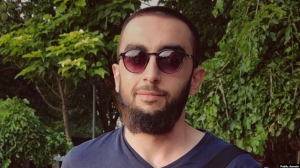
Karapetyan’s not the only one facing politically charged legal trouble. Aghvan Arshakian, a 28-year-old cancer survivor and opposition activist, is also jailed on dubious charges. His health is deteriorating behind bars, and courts have rejected multiple pleas to release him to house arrest — despite medical risks.
Others, like Archbishop Bagrat Galstanian, face coup-related charges based on secret recordings critics say were taken out of context. Judges who’ve dared to question the state’s case are being publicly attacked online by pro-government supporters.
Many see Pashinyan’s legal and political maneuvering as a crackdown on dissent disguised as law enforcement. Analysts argue that rather than build coalitions or answer criticism, he’s turning to state power to control the narrative — and the people.
Political analyst Suren Surenyants summed it up:
“The real danger isn’t just in what’s happening to Karapetyan or the Church — it’s that Armenia is starting to look more like a country where criticism equals crime.”
With international eyes on Pashinyan’s upcoming meeting with President Trump, the pressure is mounting. Observers warn that if Armenia continues down this path, it could isolate itself diplomatically, damage its democratic credibility, and fracture its civil institutions beyond repair.
One thing’s certain: the Karapetyan case is no longer just a local legal dispute — it’s becoming a global symbol of how far political leaders are willing to go to silence opposition.
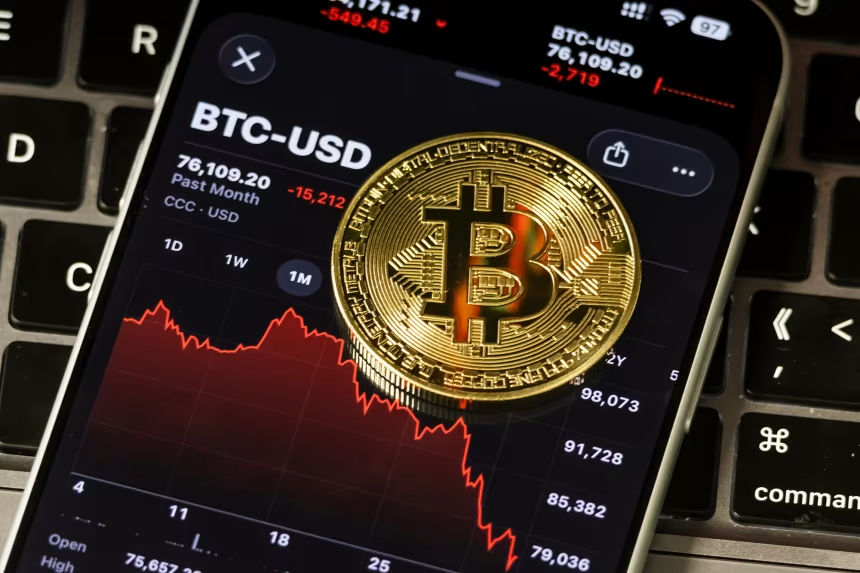



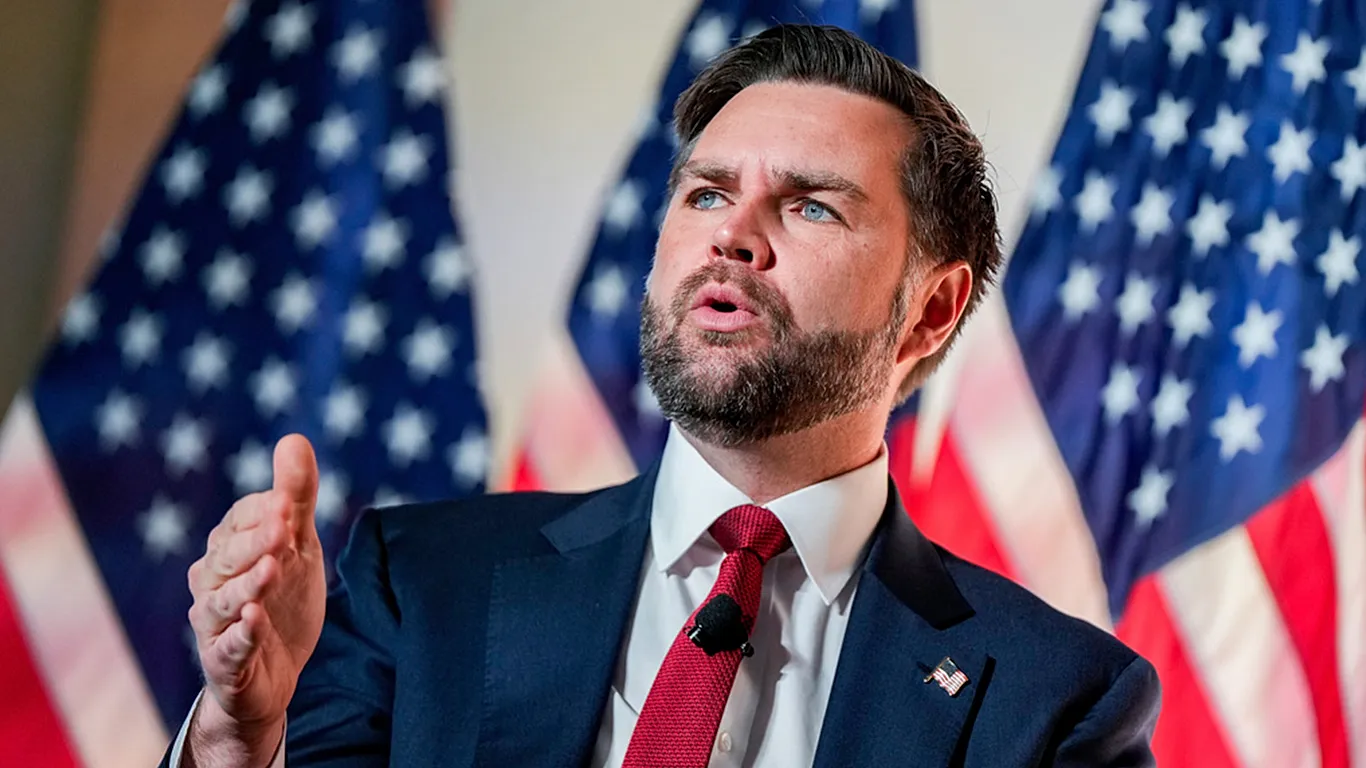




The latest news in your social feeds
Subscribe to our social media platforms to stay tuned